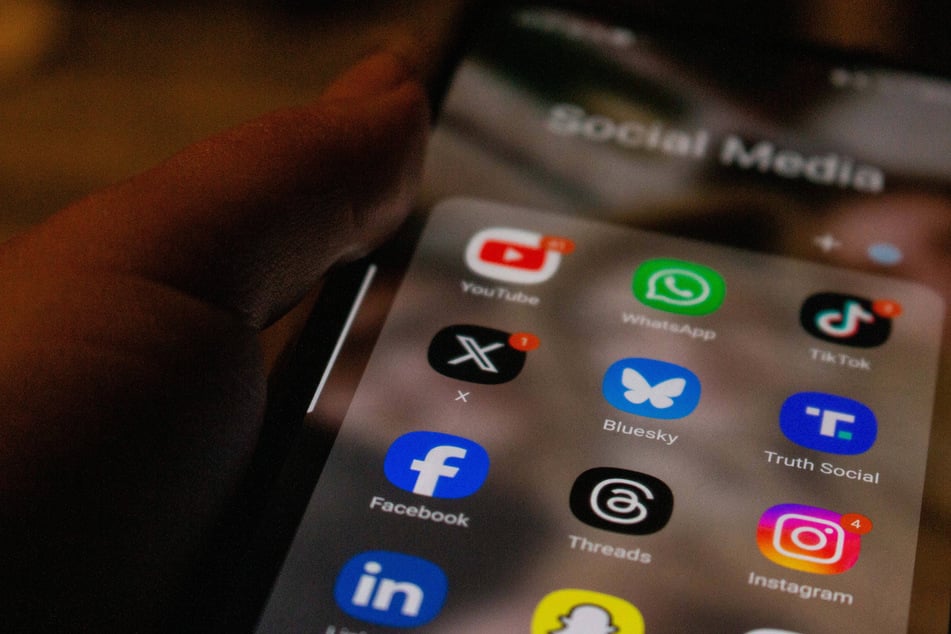Study reveals influencers' surprising power as news sources for young adults
Washington DC - Their influence might be waning when it comes to lucrative product promotion clips and selfies, but so-called influencers have become a popular source of news for young adults in the US.

A survey of around 10,000 people published by the Pew Research Center found that 37% of people in the 18-29 age bracket and 1 in 5 of all adults get some of their news from social media-based influencers, 500 of whom were participants in the research.
Among people who "regularly" turn to influencers for news, 65% say they helped them "better understand current events and civic issues."
Only one in five of the influencers surveyed had a history of formal journalism experience or employment, Pew found in a survey released in the wake of the recent US presidential election.
During the campaign, influencers reported from party rallies and candidate conventions and even staged interviews, such as podcaster Joe Rogan's sit-down with then-candidate and now President-elect Donald Trump.
X, formerly Twitter, remains the main platform for news influencers, but Facebook, Instagram, TikTok and YouTube are all widely used, going by the survey, which Pew carried out with the Knight Foundation, a journalism research organization.
Social media age continues to challenge legacy media
The findings come as legacy media in the US and elsewhere continues to struggle with how the internet has changed the old business model – a challenge the industry has faced since advertising money began to shift online in the 1990s and early 2000s and which in recent years has seen newsrooms forced to provide real-time updates on events to stay ahead of what influencers and so-called citizen journalists post on social media.
Last month, Munich-based Statista published a report showing consumers and shoppers are becoming suspicious of influencer-led campaigns.
"Despite their huge fan bases, influencers – much like celebrities and politicians – are among the professions that people trust the least," Statista said, arguing that "growing skepticism" about influencers could influence commercial decision-making.
Cover photo: IMAGO / ZUMA Press Wire